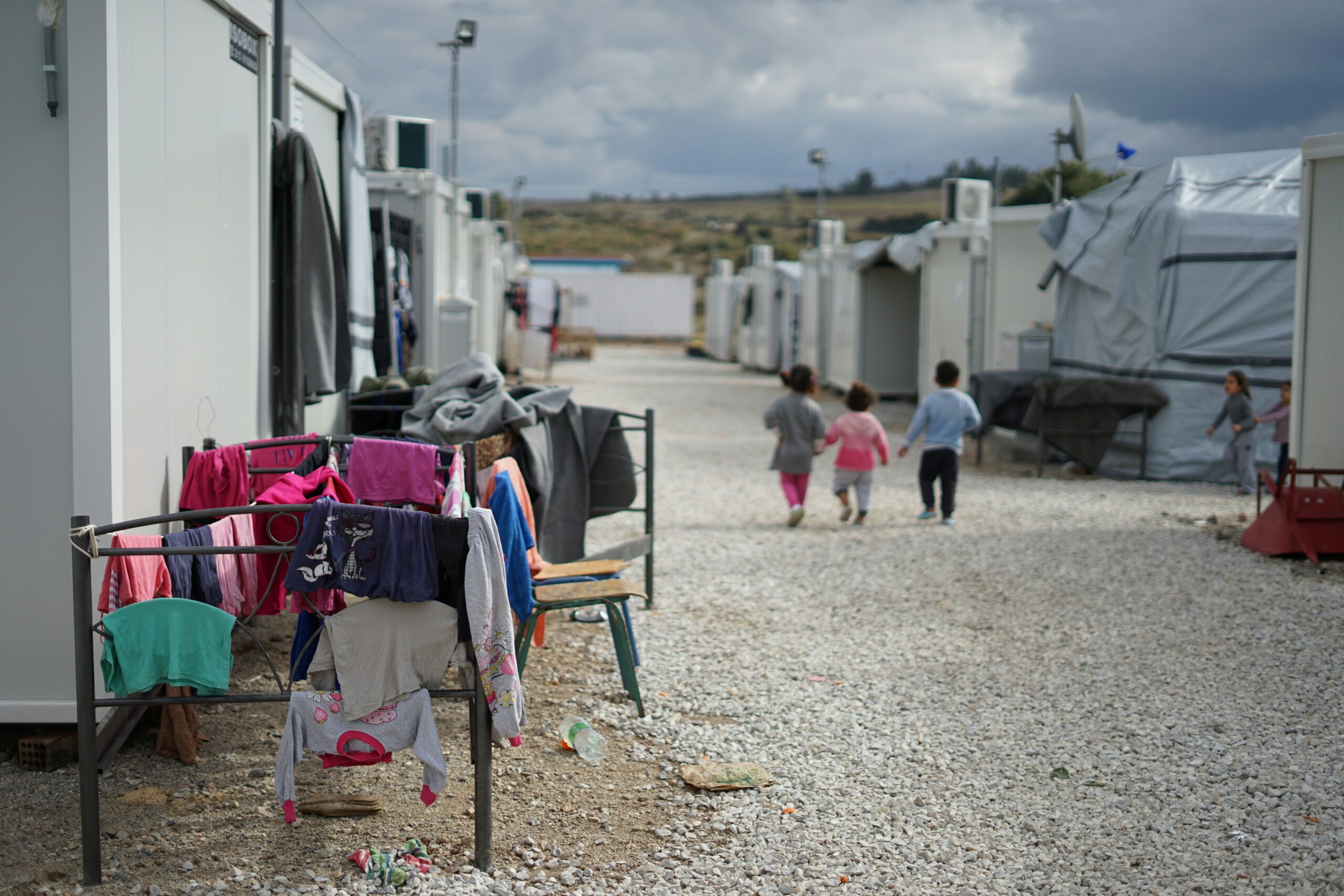Libya’s ongoing political instability has devastated its healthcare system, forcing families to embark on perilous journeys to Europe in search of life-saving treatment unavailable at home. Despite occasional promises from authorities, lasting solutions and reliable access to essential care remain elusive for the country’s most vulnerable citizens.
Libya’s ongoing healthcare crisis has come to symbolize the country’s broader instability, particularly through the story of seven-year-old Sohan Aboulsoud, who suffers from cystic fibrosis. Her family’s desperate journey from Libya to Italy in June 2025—a perilous, illegal sea crossing—underscores the severe healthcare shortages in the war-torn nation and the extreme measures families are forced to take for the survival of their loved ones.
Sohan’s inherited genetic disorder, cystic fibrosis, requires regular medical care and specific medications to maintain quality of life and prevent life-threatening complications. However, Libya’s healthcare system is crippled, especially when it comes to chronic and rare diseases. After exhausting all domestic options for help, Sohan’s mother, Khawla Nail, posted a photo of her exhausted daughter on a smuggler’s boat, which quickly gained traction on social media and was featured by news outlets. The image sparked public outcry, leading to protests in Tripoli by dozens of families with children also suffering from cystic fibrosis. These families demanded urgent access to medications and called for the creation of diagnostic centers within Libya, arguing that the lack of such services threatens the lives of their children.
Since Muammar Gaddafi’s fall in 2011, Libya has experienced entrenched political chaos, dividing the country into competing governments in the east and west. The UN-backed Government of National Unity (GNU) is based in Tripoli, while its rival, the House of Representatives, controls the east from Tobruk. The resulting political division and intermittent conflict have paralyzed public services, especially healthcare. Advanced hospitals and basic infrastructure are not being built, and essential medicines are frequently absent from the market.
A 2021 World Health Organization report revealed that in Libya’s southern and eastern regions, roughly one-third of healthcare facilities were completely non-functional, while most others operated only partially. This dire situation has driven many families like Sohan’s to seek alternatives, often at great personal expense and risk.
For the past seven years, Sohan’s family has paid for laboratory testing in neighboring Tunisia and purchased medications through private pharmacies. Unable to rely on the Libyan public health sector, Khawla repeatedly submitted doctor’s files to Libyan health authorities, only to be told there was no budget for treatment. The family’s plight worsened as medical costs soared beyond their means, and Sohan’s health deteriorated.
Eventually, in June 2025, Sohan’s family made the agonizing decision to join the hazardous migration route to Italy—one not taken from a desire to emigrate, but out of medical necessity. They boarded an overcrowded boat with other Libyan families facing similar struggles. Unfortunately, many migrants from Libya and Tunisia do not survive the Mediterranean crossing. The International Organization for Migration’s Missing Migrants Project estimates that over 63,000 people have died or gone missing on this route since 2014, though the real number is likely much higher.
After reaching Italy’s Lampedusa island, the Aboulsoud family found themselves in a migrant shelter lacking appropriate conditions for Sohan’s chronic illness, especially concerning heat sensitivity. The viral photo of Sohan’s ordeal compelled Libya’s GNU to announce it would fund her treatment in Italy. However, beyond an initial contact prompted by media coverage, Sohan’s family has received no concrete support or follow-up from Libyan authorities.
This pattern of empty promises is not surprising, say Libyan human rights advocates. Tarik Lamloum, head of the organization Beladi, argues that such government responses are often more about defusing public criticism than providing real assistance. He also warned that Sohan’s story might inspire other desperate families to attempt the risky journey, believing it is their only chance for adequate healthcare.
The story of Sohan Aboulsoud is emblematic of Libya’s broader healthcare collapse. Families with sick children face impossible barriers to care—scarcity of medicine, malfunctioning hospitals, overwhelming expense, and official indifference. While political leaders offer public sympathy in times of viral outcry, meaningful systemic reform and reliable access to healthcare remain out of reach for most Libyans. Rather than lauding acts of desperate migration, observers stress the state’s responsibility to create conditions where children like Sohan can receive the care they need at home. As long as Libya’s political and security crisis persists, the nation’s most vulnerable will continue to be failed by their country’s broken healthcare system.


